The CHS supports postdoctoral researchers with a variety of configurations. Fellows receive varying levels of support and may reside at the Center in Washington, DC for up to 18 weeks, depending on the scope of their proposed project.
For a full list of 2025–2026 Fellows in Hellenic Studies, please see this announcement. For information about CHS fellows based in Greece, see the CHS Greece website.
Fall 2025 Fellows in Residence
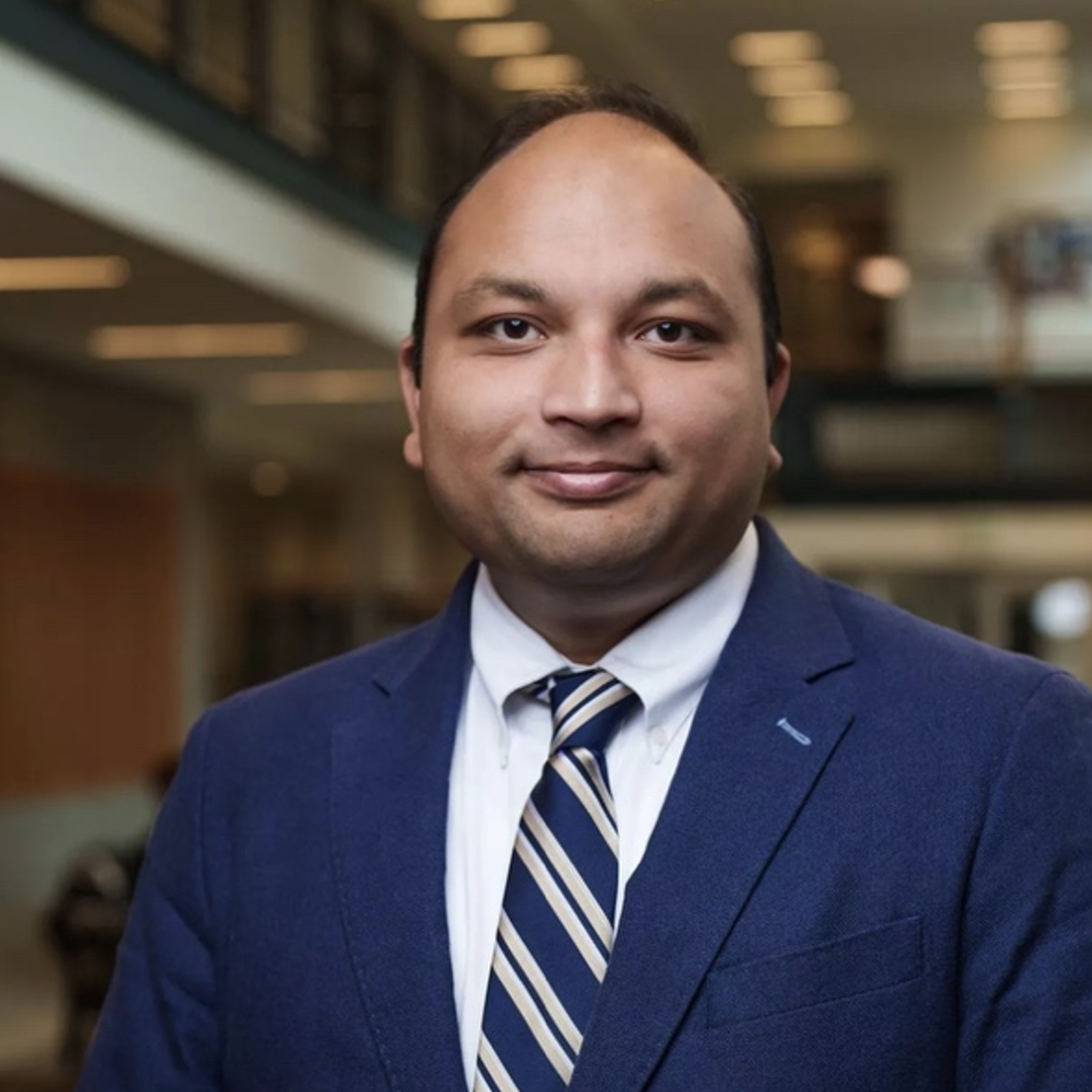
Tejas S. Aralere (pronounced Tay-Jus Are-uh-Larry) is an assistant professor of Classics and Humanities at the University of New Hampshire. He earned his PhD in Classics from UC Santa Barbara in 2023 while also studying Sanskrit with UCSB’s Religious Studies department. He also holds a BA in Latin and a BS in Neuroscience from the College of William and Mary. His broader research interests are in the humanistic history of science, with his current research and pedagogy rooted in the history of scientific exchange between the ancient Mediterranean and South Asia. You can read more about his research here.
While at the CHS, Tejas will continue working on the final part of transforming his dissertation into his first monograph, Cosmic Embodiment: Astrological Melothesia in the Ancient Mediterranean and India. This book offers a transdisciplinary analysis of Manilius’ Astronomica (1st-cent. CE) alongside the Yavana Jātaka, a 2nd-cent. CE Sanskrit astrological treatise often translated as the “Greek Horoscopy” because it appears to be the earliest source translating the Greco-Babylonian zodiac into Sanskrit. Research on Hellenistic legacies in India has long focused on Gandhāra after Alexander’s failed conquest, portraying the Indo-Greeks, called Yavanas in Sanskrit, as the product of Indian–Greek intermarriage. Tejas re-examines this narrative by placing the Yavana within the complex socio-political history of Northern and Northwestern India between the 2nd-cent. BCE and the 3rd-cent. CE, emphasizing the often-overlooked significance of the Yuezhi nomadic peoples who migrated south from the Eurasian steppe, conquered Bactria, and forged a new identity as the Kuṣāṇas with an academic center in Taxila. Tejas is grateful for the opportunity to be a CHS Fellow and looks forward to collaborating with other fellows this Fall!
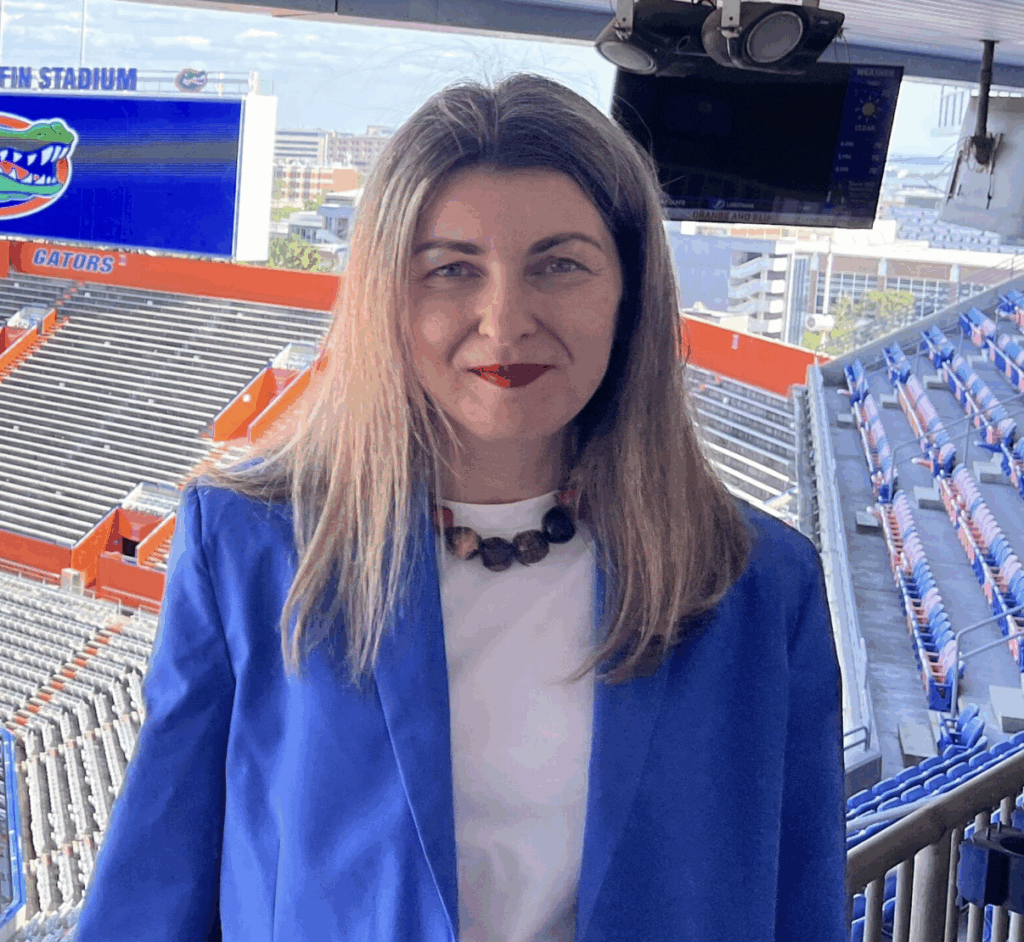
Ifigeneia Giannadaki is Associate Professor of Classics and the Cassas Chair in Greek Studies at the University of Florida. She studied with Chris Carey at University College London and was specialized in ancient Greek law and Attic oratory. Her research interests lie in ancient Greek law, Athenian legal and socio-political history, citizenship and immigration, and politics. She is the author of A Commentary on Demosthenes, Against Androtion (2020, Oxford University Press) and co-editor of a collective volume on Use and Abuse of Law in the Athenian Courts (2018, Brill). Ifigeneia has also published several studies on Athenian law and oratory, legal procedure, and she is currently working on a monograph on metics in Athens.
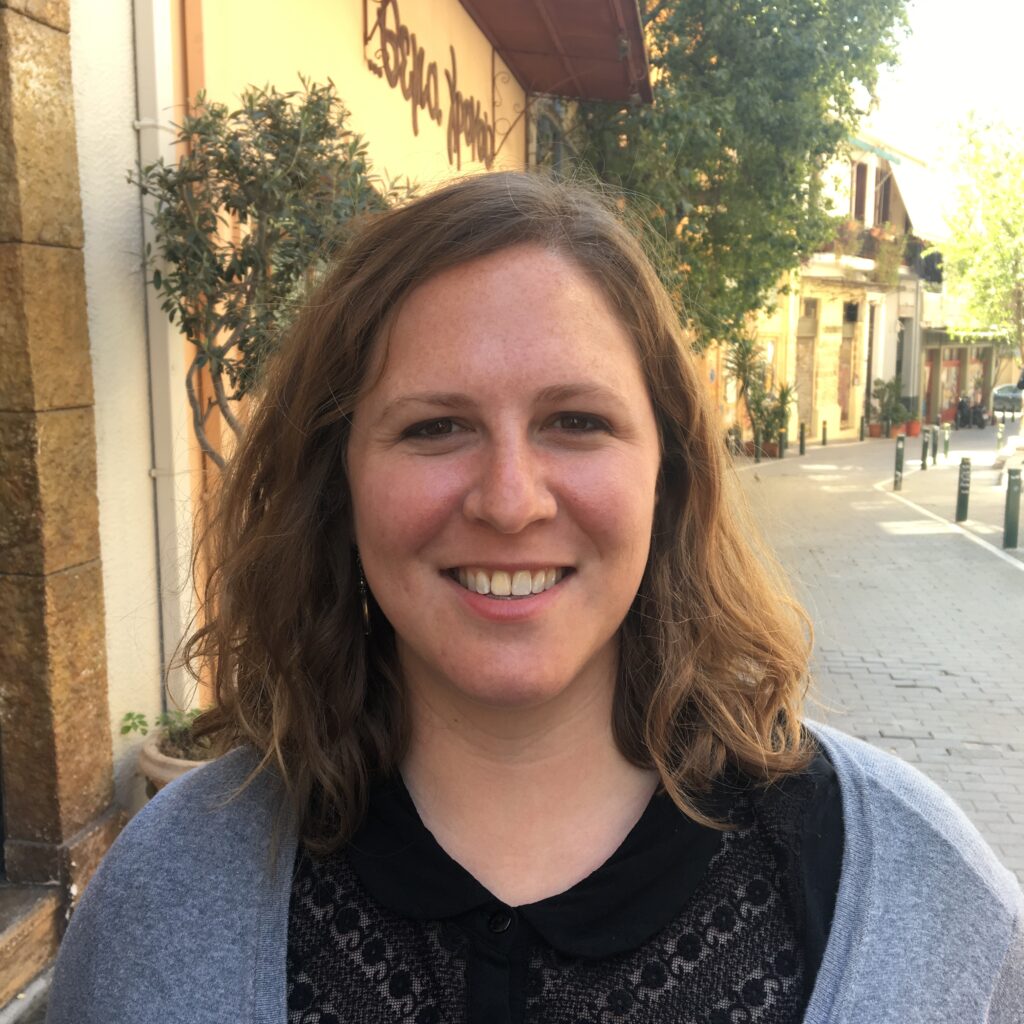
Katherine B. Harrington is an archaeologist and social historian. For the last two years, she was a AAAS Science and Technology Policy Fellow at the U.S. National Science Foundation, and she will be starting a faculty position at the University of North Carolina at Greensboro in January 2026. She has a PhD from the Joukowsky Institute for Archaeology and the Ancient World at Brown University and an AB in Classical Archaeology from Dartmouth College. Her work focuses broadly on the archaeology of everyday life in the Archaic through Hellenistic periods with a special focus on the domestic lives of craftspeople. She has been a field archaeologist in Greece for 20 years and currently serves as the Assistant Director of the Lechaion Harbor and Settlement Land Project near Corinth.
At the CHS, she is working on a new project focusing on women’s work that argues for a reconceptualization of the Greek economy between 750 and 250 BCE to include both paid and unpaid labor. Ancient Greek women contributed economically in myriad and flexible ways, including childcare, textile production, food preparation, retail, and entertainment. Though this labor has traditionally been treated as economically unimportant, it was foundational to the functioning of the Greek economy and can be traced through both text and material evidence of gendered tasks like weaving, infant care, and grain grinding.
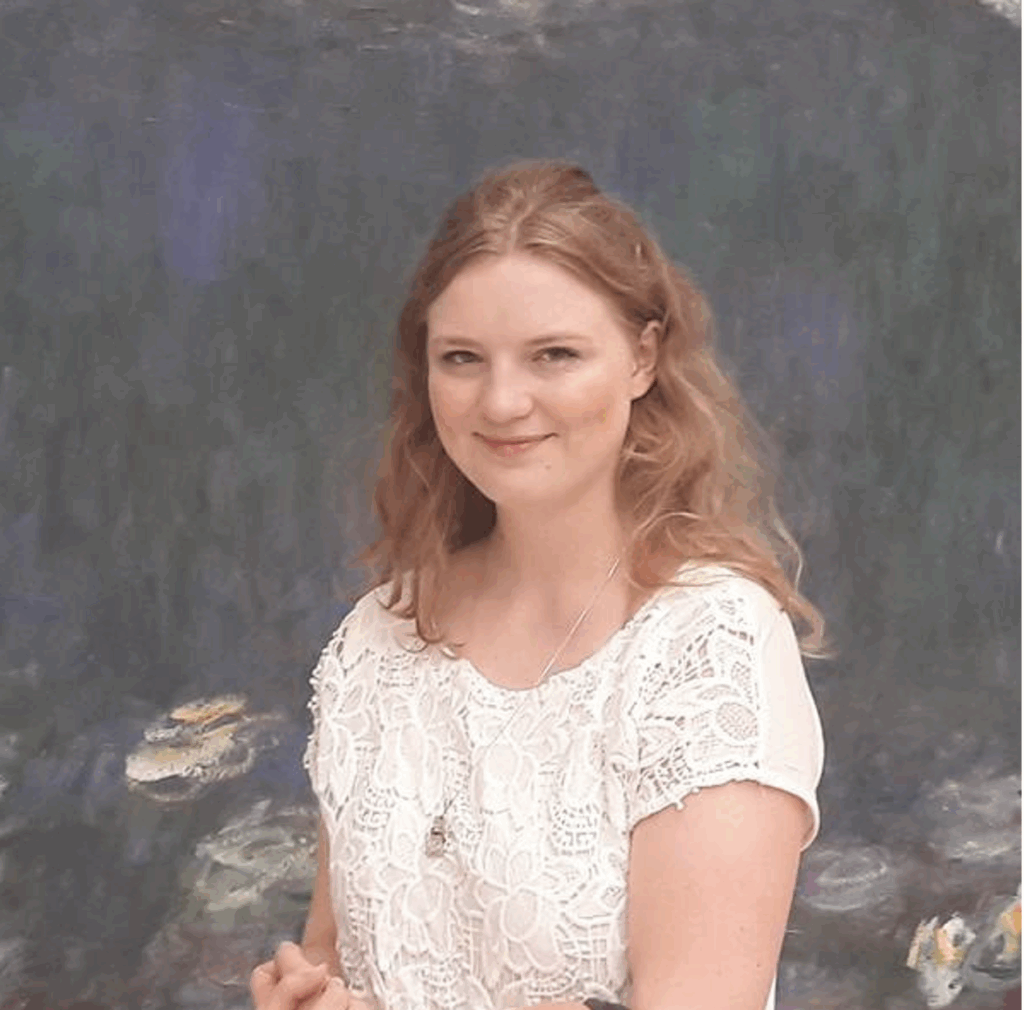
Estella Kessler specializes in Hellenistic literature, particularly the remains of the scientific scholarship conducted by the Hellenistic poets in Alexandria. She received her BA, MSt, and PhD in Classics from the University of Oxford, where she studied at Brasenose College. Afterwards she moved to New College to teach on the Greek and Latin epic, tragedy, and Hellenistic poetry as a Stipendiary Lecturer. She has just finished her monograph—based on her PhD thesis—on Callimachus’ paradoxographical fragments expanded with a critical edition, translation, and commentary and an article on Vergil’s engagement with his Greek sources. She also has been involved in the identification of three Late Antique homilies and martyrdoms in the West Aramaic transmission on the basis of the Greek text. At the Center for Hellenic Studies, she will study the occurrences of birds and particularly ornithomancy in Hellenistic times. Birds play a variety of roles in Hellenistic literature, but evidence particularly for ornithomancy is surprisingly hard to come by in this period: hence, her research will explore the presence of birds also in the arts, historiography, and epigraphic sources to reach a complete picture of the period. An important role also plays the Egyptian environment in which the Alexandrian poets were operating. This work will lay the groundwork for a monograph on this topic.
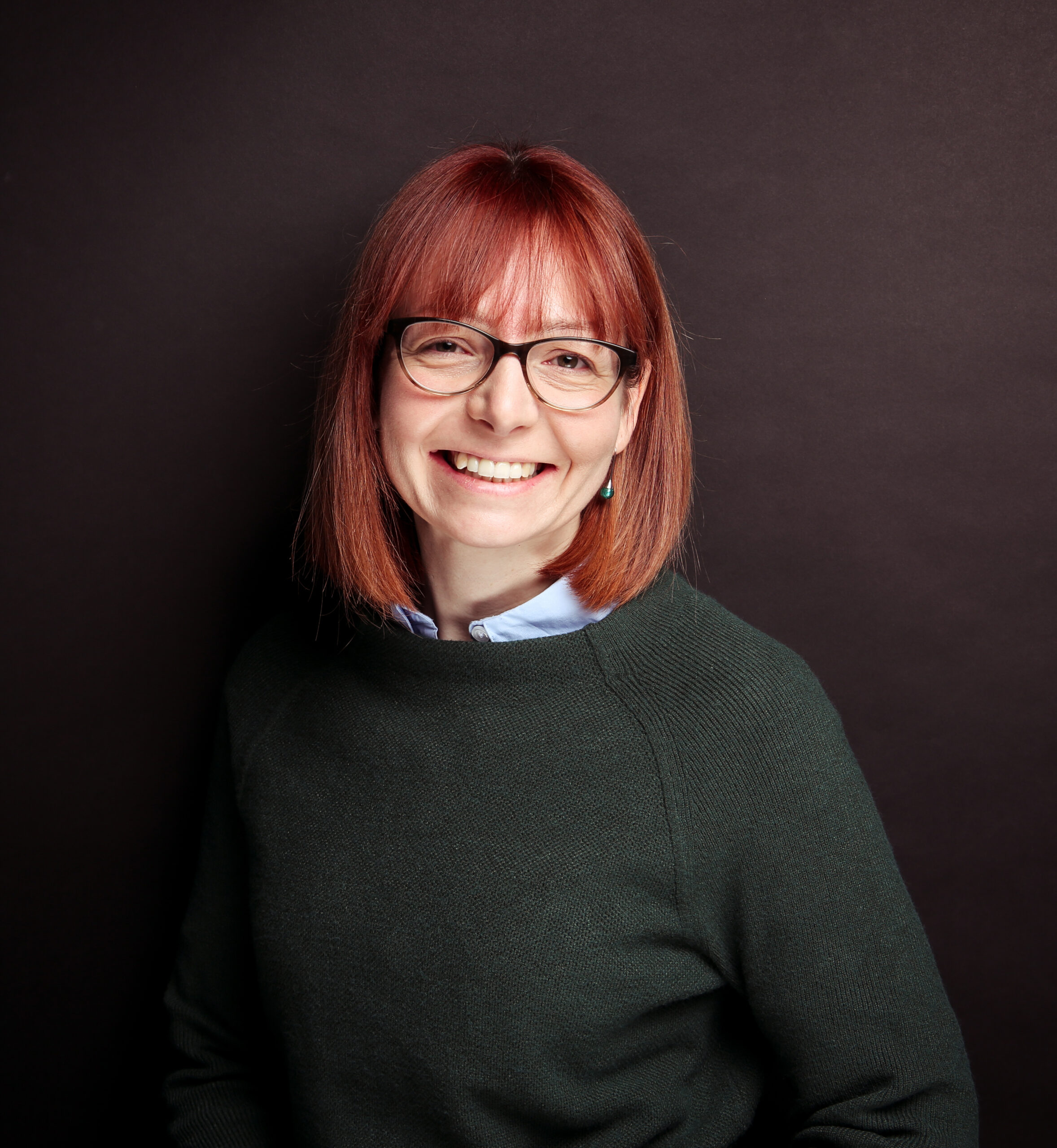
Manuela Marai specializes in ancient medicine. She received her PhD in Classics from the University of Warwick in 2024 and holds a BA and an MA in Classics from the University of Verona and Padova, along with a BSc and an MSc in Molecular Biology from the University of Padova. She collaborates with classicists, biologists, and chemists to decipher ancient pharmacological theories and practices, exemplifying a truly interdisciplinary endeavour that bridges the humanities with the sciences.
At the Center for Hellenic Studies, Manuela will work on her book project, which is a revision of her PhD dissertation concerning wound healing treatment in the works of the Greek physician Galen of Pergamon. The monograph will rely on Galen’s work De compositione medicamentorum per genera, a major yet understudied treatise on plaster formulations, while drawing upon the rest of Galen’s production to reconstruct the whole medical issue of wound aetiology and healing from physiology and pathology to therapy. The emphasis will be on the technical aspects of ancient pharmacology and pharmaceutics—which substances were combined, how, and why. This study will greatly enhance the scientific understanding of Galen, his medicine, and the rationale of pharmacology and pharmaceutics in the context of ancient medical practice, while also shedding light on the ancient use of antimicrobial substances and suggesting new lead compounds in drug discovery.
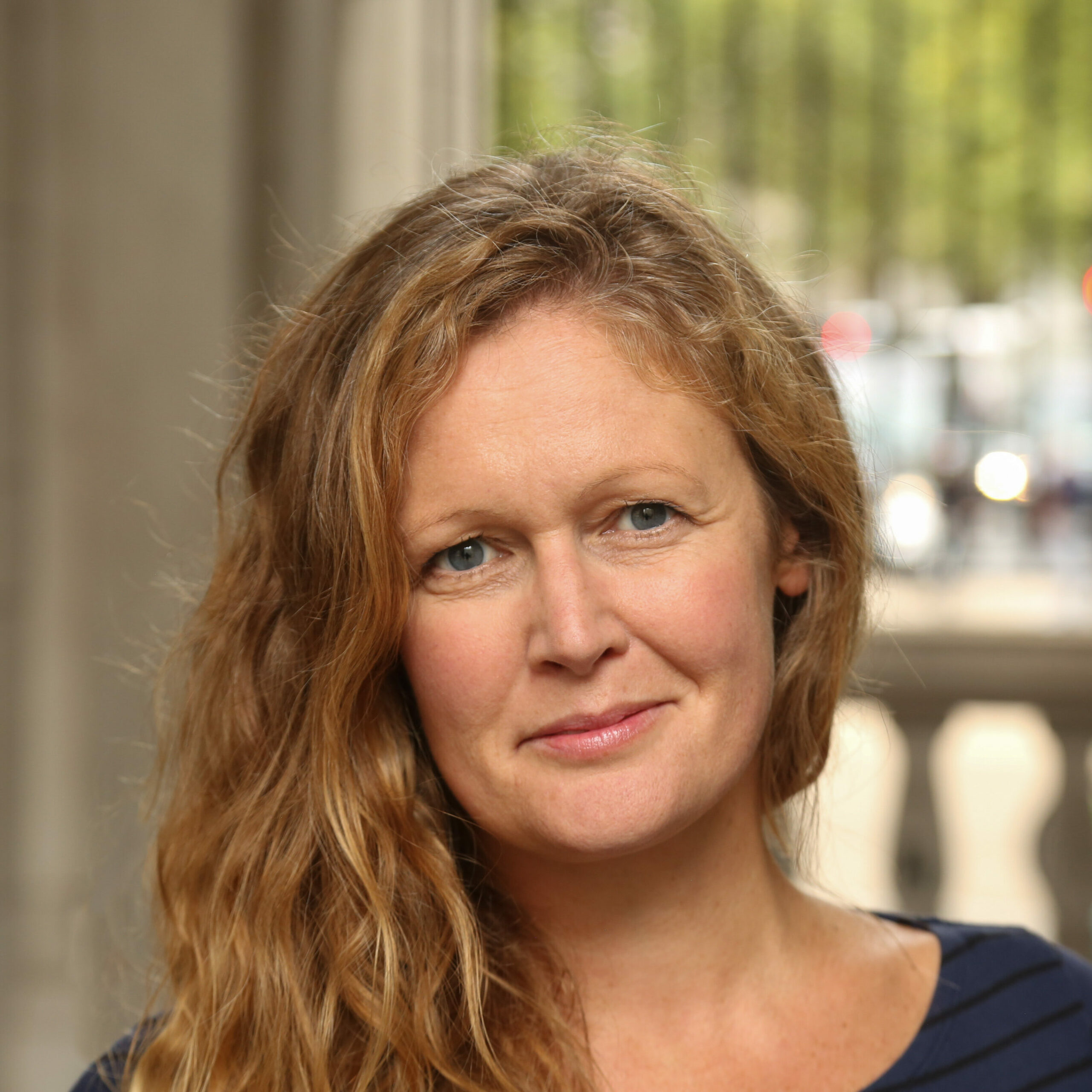
Justine McConnell is Reader in Comparative Literature and Classical Reception at King’s College London. Her project at the Center for Hellenic Studies focuses on the ways in which the women of the Harlem Renaissance engaged with Graeco-Roman antiquity in their work. Writers including Zora Neale Hurston, Nella Larsen and Jessie Redmon Fauset interwove myths and literature from ancient Greece and Rome into their modern narratives, and in doing so, entwined past and present, Europe, Africa, and the Americas, to create works of transnational and transhistorical scope that radically re-envisioned the ancient Mediterranean, contesting its long-standing appropriation by dominant powers. The writings of these women imagine alternative futures and destabilize the structures of coloniality that contribute to uneven and inequitable societies. Yet unlike the male writers of the Harlem Renaissance, these women’s dialogues with the ancient Mediterranean tended to render them doubly invisible: not only as women writers in a predominantly male environment, but as Black women engaging with an ancient culture that continued to be primarily associated with whiteness.
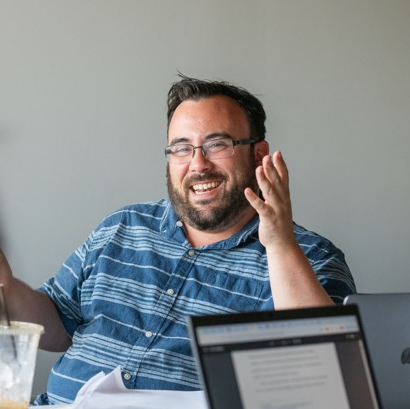
James Calvin Taylor is Assistant Professor of Classics at Colby College, where he also teaches courses in the Environmental Humanities. He received his PhD in Classical Philology from Harvard in 2020 with a dissertation on the conceptualization of deep time, geological processes, and environmental change in classical texts. His research interests span a wide variety of genres and time periods in classical antiquity, embracing texts as diverse as Aristotle’s Meteorologica and Ovid’s Metamorphoses,and drawing upon interpretative frameworks from the history of science, environmental criticism, and the philosophy of history. He has written articles on topics as diverse as Lucan’s description of the Syrtes, Herodotus’ integration of Egypt’s geological and human histories, and the significance of tides in Stoic meteorology.
During his residency at the Center for Hellenic Studies, he will be completing a monograph tentatively titled Time’s Abyss: Geological Processes and Deep Time in Ancient Greek Prose. This book investigates how the observation of geological processes led ancient Greek philosophers and historians to imagine much deeper timescales than those made possible by the shallow reach of recorded history and collective memory.
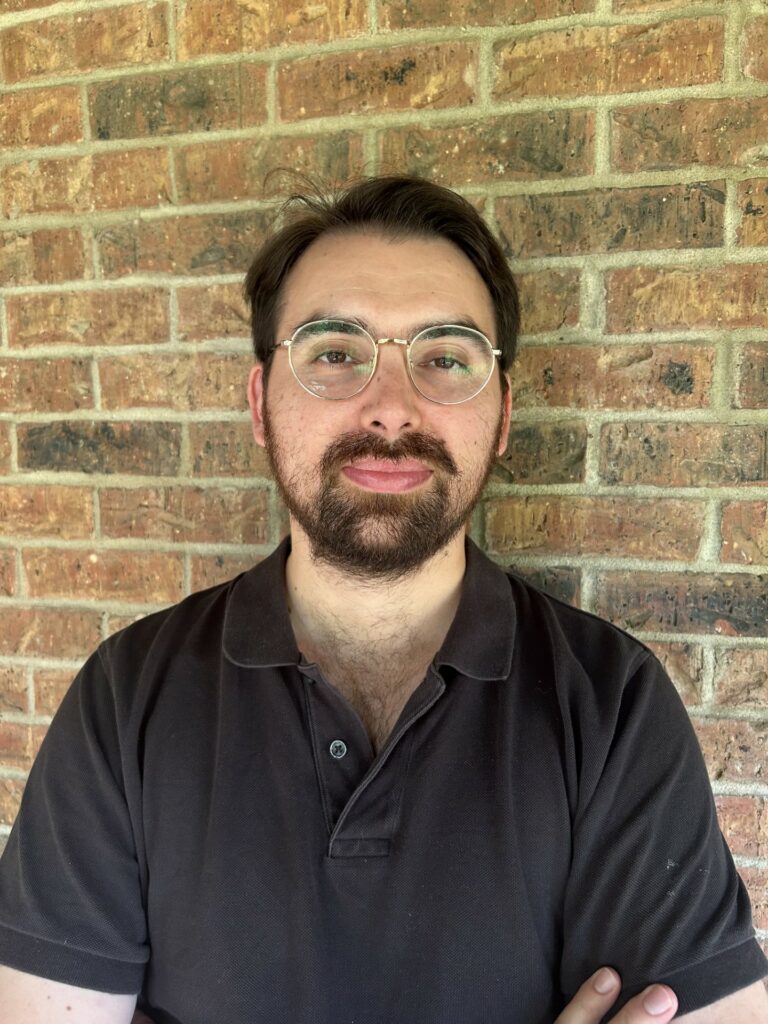
Paul Touyz is an assistant professor in the Department of Classics at the University of Kansas. He completed a BA in Classics and German at the University of Sydney before receiving a PhD in Classics from Princeton University in 2018. He works broadly on Greek literature, cultural history, and reception, with publications on the reception of Aristophanes in Enlightenment Germany, as well as on Aeschylus and Hellenistic satyr play.
While at the CHS, Paul will be at work on a book project – a revision of his PhD dissertation investigating the development and reception of satyr play beyond classical Athens. The book will look afresh at the full range of evidence for the production and performance of satyr play throughout antiquity to reconstruct the history of satyr play after its removal from the tragic tetralogy and explore how satyr play was conceptualized as an independent dramatic genre in ancient poetics and criticism. Aside from offering new interpretations of the fragments of satyr play and epigraphic records of postclassical performances, the project will also explore the place of satyr play in the works of authors including Plato, Horace, and Julian the Apostate.
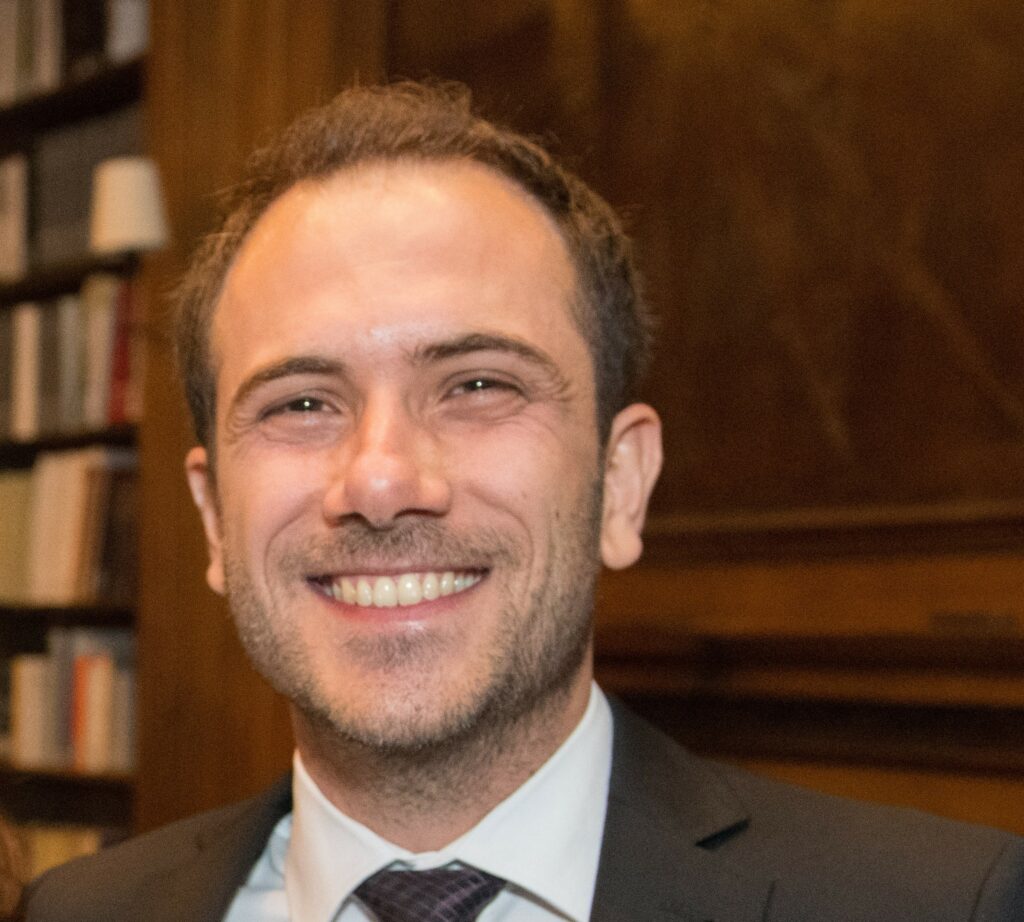
Georgios Tsolakis is a social and cultural historian of the ancient Mediterranean with strong interests in epigraphy and digital humanities. He earned his PhD at NYU’s Institute for the Study of the Ancient World, after BA and MA studies at the Aristotle University of Thessaloniki. He is currently participating in the Lyktos Archaeological Project (Greece) and working on the edition of several epigraphic texts that illuminate the political, social, and economic life of the Cretan city of Lyktos. He co-authored the Supplementum Epigraphicum Graecum. Consolidated Concordances for Volumes XLVI – LX (1996 – 2010) (Leiden/Boston 2021), a guide to the inscriptions published, mentioned, or discussed in the respective volumes of SEG. Since September 2022, he has been project manager of Roman Statutes: Renewing Roman Law, a collaborative project on all epigraphically preserved Roman laws.
At the Center for Hellenic Studies, Georgios will transform his dissertation (Ancestors and Family Traditions in the Hellenistic and Imperial Polis) into a monograph. The book asks how, when, and why Greeks invoked their ancestors, and with what legal, social, economic, and political effects. It defines “family tradition” as the intergenerational transmission of identities, values, and obligations—conceptually informed by Bourdieu’s notion of habitus—and maps the dynamic between households and the public sphere. Drawing on epigraphic, literary, and archaeological evidence, the project reframes how civic memory formed and how political culture operated, bridging epigraphic microhistory with broader historical narratives.
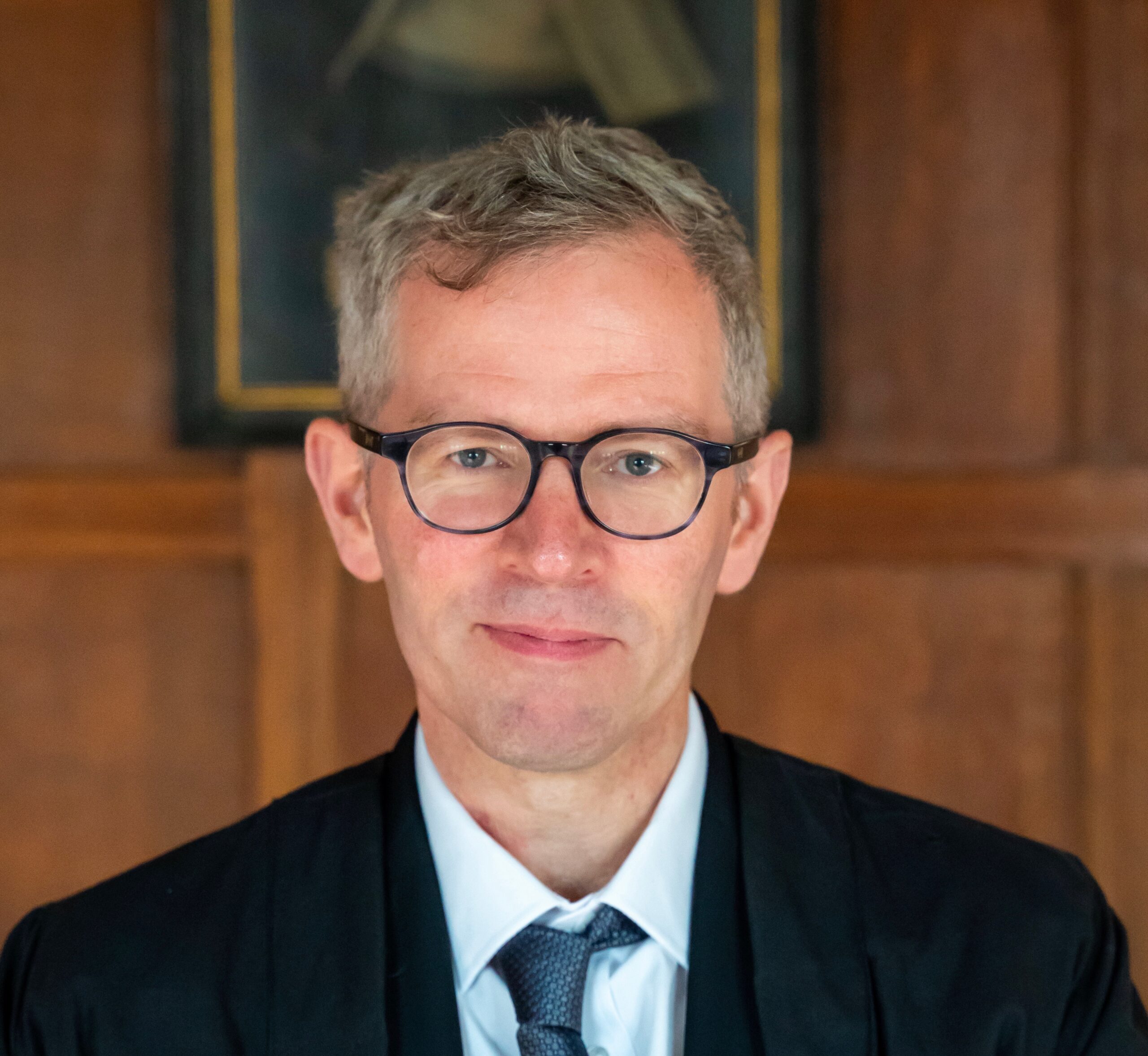
Tim Whitmarsh FBA is Regius Professor of Greek at the University of Cambridge, and Fellow of Trinity College. He is the author of numerous books on ancient Greece, including Battling the Gods: Atheism in the Ancient World (2015), Dirty Love: The Genealogy of the Ancient Greek Novel (2018) and Rome’s Age of Revolution: Christians in a Classical World (2026).
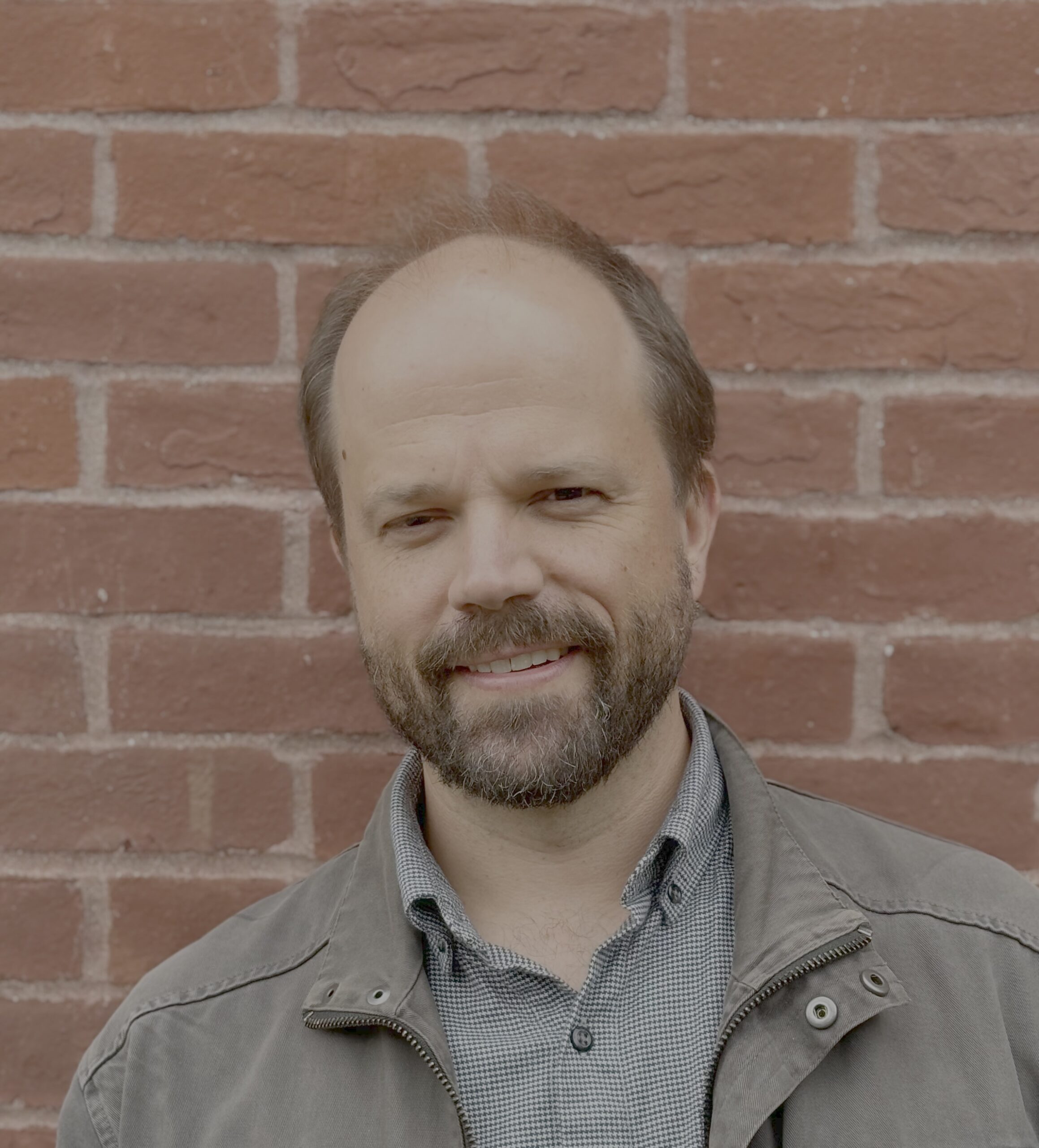
Johannes Wietzke completed his PhD in Classics at Stanford University and has taught at the University of Massachusetts Amherst, Carleton College, and Trinity University. His research interests lie at the intersection of Greek literary culture and the history of science, and recent publications include articles on the textual traditions of Greek mathematics, astronomy, and geography. While at the CHS he will be working on a book that argues for the cultural contingency of form in Greek scientific texts. Through a series of case studies ranging from the fifth century BCE to the second century CE, the book explores how cultural aesthetics shaped how ancient scientific authorities used (or didn’t use) visual media like maps and diagrams to make claims about the world and nature. It thus demonstrates that the media through which ideas were conveyed were not inert forms, but themselves added charge to the atmosphere of wonder and debate.
Spring 2026 Fellows in Residence
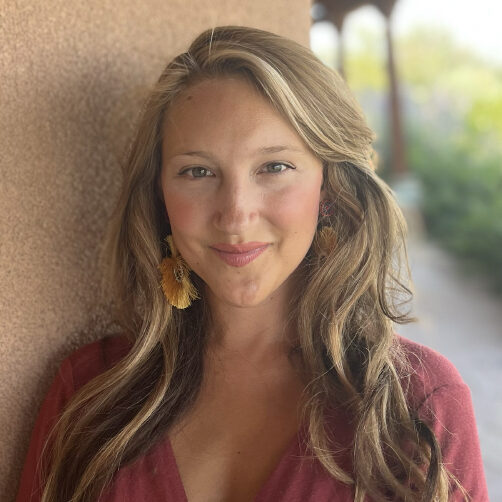
Bridget Brasher specializes in ancient philosophy. She is especially interested in ancient physics, metaphysics, and the relationship between metaphysics and ethics in ancient traditions. She received her PhD in Classical Philosophy at Princeton University in 2023. She then spent two years as a postdoctoral associate at MIT, where she remains a research affiliate. In autumn 2025 she is also a fellow at the Institute for Classical Studies.
Her project while at the CHS offers an Aristotelian approach to the ethics of artificial intelligence. It proposes a framework for approaching challenges that artificial intelligence poses to human flourishing. According to Aristotle, human flourishing consists in performing activities that fulfil our distinctively human capacities. For instance, as social creatures humans have distinctive capacities for maintaining relationships. When we fulfil these by actively maintaining relationships, we flourish in this respect. So too, humans have capacities for reasoning about mathematics and justice. When we fulfil these by doing mathematics or reasoning about justice, we flourish in these respects. Because flourishing consists precisely in performing such activities, if we outsource their performance to artificial intelligence, we omit the activities constitutive of a good life. Whatever benefits the use of artificial intelligence offer us, these must be weighed against the possibility that such use deprives us of the very activities that make human life worthwhile.
Dr. Jennifer Devereaux lectures on how AI reshapes evolved systems of cooperation in Harvard University’s Department of Human Evolutionary Biology. Her book project, The Power of Prediction from Antiquity to AI, traces the long history of predictive systems from the ancient Mediterranean to the digital present. In the Graeco-Roman world, practices such as poetry, philosophy, divination, censuses, taxation, trade, and standardized timekeeping domesticated uncertainty, translating ambiguity into structures that eventually came to bind communities to imperial authority and fix individuals into social identities that served as instruments of control. Today’s algorithmic systems echo these logics, embedding historical biases in code and naturalizing them as constraints.
At the Center for Hellenic Studies, Dr. Devereaux examines artificially constructed systems of prediction across philosophical texts, poetic traditions, administrative practices, and economic records. She demonstrates how predictive frameworks were embedded in economic and bureaucratic structures as well as in intellectual traditions, bringing these strands into dialogue with contemporary debates in cognitive science and artificial intelligence. In doing so, her project shows how prediction has not only managed risk but also set the boundaries of knowledge and possibility. Tracing its impact on epistemic authority across time, she clarifies how prediction shapes collective and individual life and demonstrates how inherited foreclosures can be resisted and redesigned.
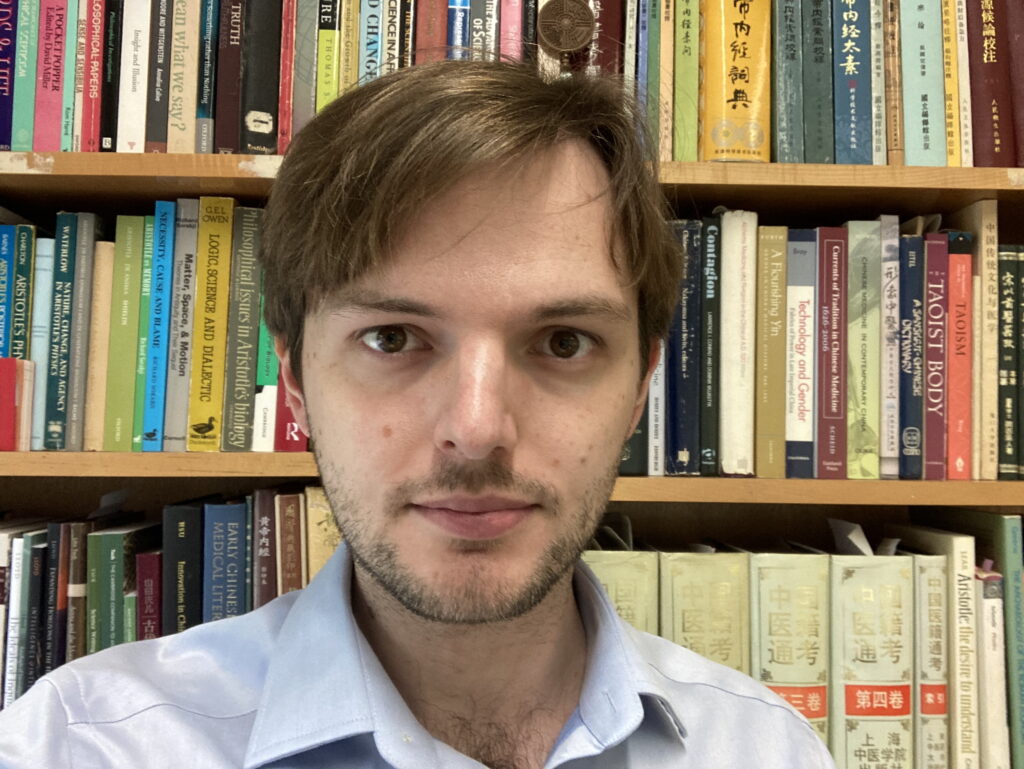
Arthur Harris specialises in ancient Greek and Chinese science. He received a BA in Classics from the University of Oxford, an MPhil and PhD in History and Philosophy of Science from the University of Cambridge, and a BSc in Mathematics from the Open University. After his PhD, he joined Darwin College and the Needham Research Institute, Cambridge, as Lloyd-Dan David Research Fellow. He has finished his first monograph, based on his PhD, on the Mechanica in the Aristotelian Corpus, and has published articles on related topics and on Hellenistic and Roman medicine. His current project rethinks accounts of Hippocratic naturalism through comparison with early Chinese sources. Comparison has often served to distinguish Hippocratic medicine from medicine in Egypt and Mesopotamia, emphasizing the explicit criticism of traditional beliefs, the shift towards naturalistic explanation, and the rise of dietetics. Early Chinese texts, both received classics and excavated manuscripts, bear witness to different but analogous developments, and the similarities can be just as surprising and illuminating as the differences. At the Center for Hellenic Studies, he will focus on the notions of regularity operative in criticisms of ‘magical’ beliefs in the Hippocratic On the Sacred Disease and in the Huangdi Neijing.
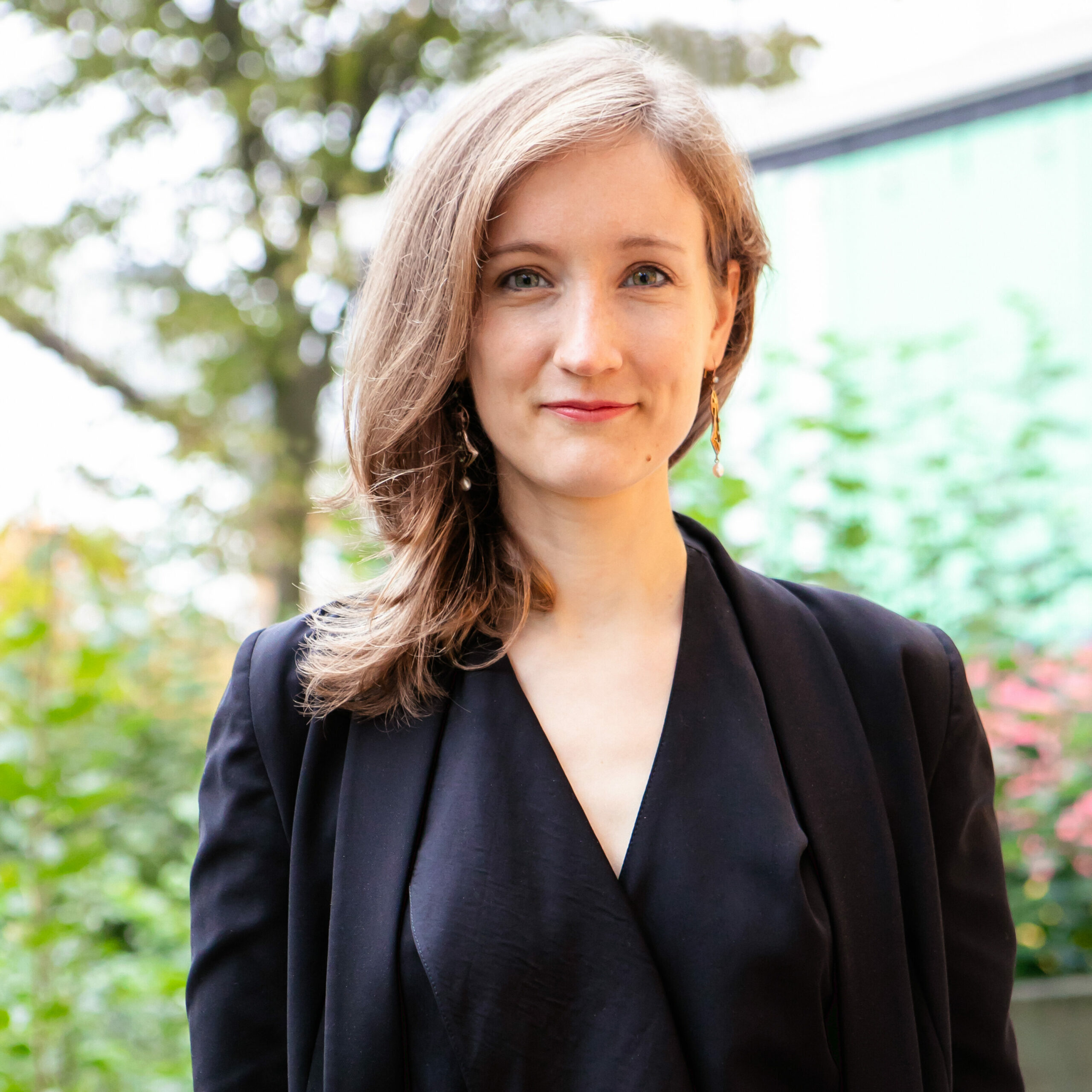
Ronja Hildebrandt is an assistant professor in the Institut für Philosophie und Politikwissenschaft at TU Dortmund University, specializing in Ancient Greek and Roman philosophy. At the CHS, she will work on a monograph that concerning the question ‘what holds a state together? For Aristotle, the answer is not only laws or justice but also friendship. In the Nicomachean Ethics and the Politics, he claims that political friendship is the greatest good for states, since it makes them less prone to conflict and revolution. Yet Aristotle offers only scattered remarks on this idea, and scholars have long debated what kind of friendship he meant.Some argue that political friendship is a form of virtue friendship, in which citizens are united by shared moral character. Others see it as a fragile form of utility friendship, in which people value one another merely for usefulness. A third, less common interpretation proposes that political friendship is a more durable kind of utility friendship: one rooted in citizens’ mutual goodwill and their contributions to civic life.
The project develops and defends this third view. She argues that Aristotle’s political friendships rest not on any advantage, but specifically on the shared benefits of citizenship—peace, justice, and the leisure needed for meaningful pursuits. By appreciating each other’s roles in sustaining these conditions, citizens form bonds that are partly altruistic and robust enough to underpin social cohesion. This interpretation not only clarifies Aristotle’s political thought but also situates it between ancient calls for deep civic unity (Plato, the Stoics) and modern theories of justice (Rawls). It suggests that for Aristotle, societies endure when law is supported by friendship: the goodwill citizens have for one another as partners in common life.
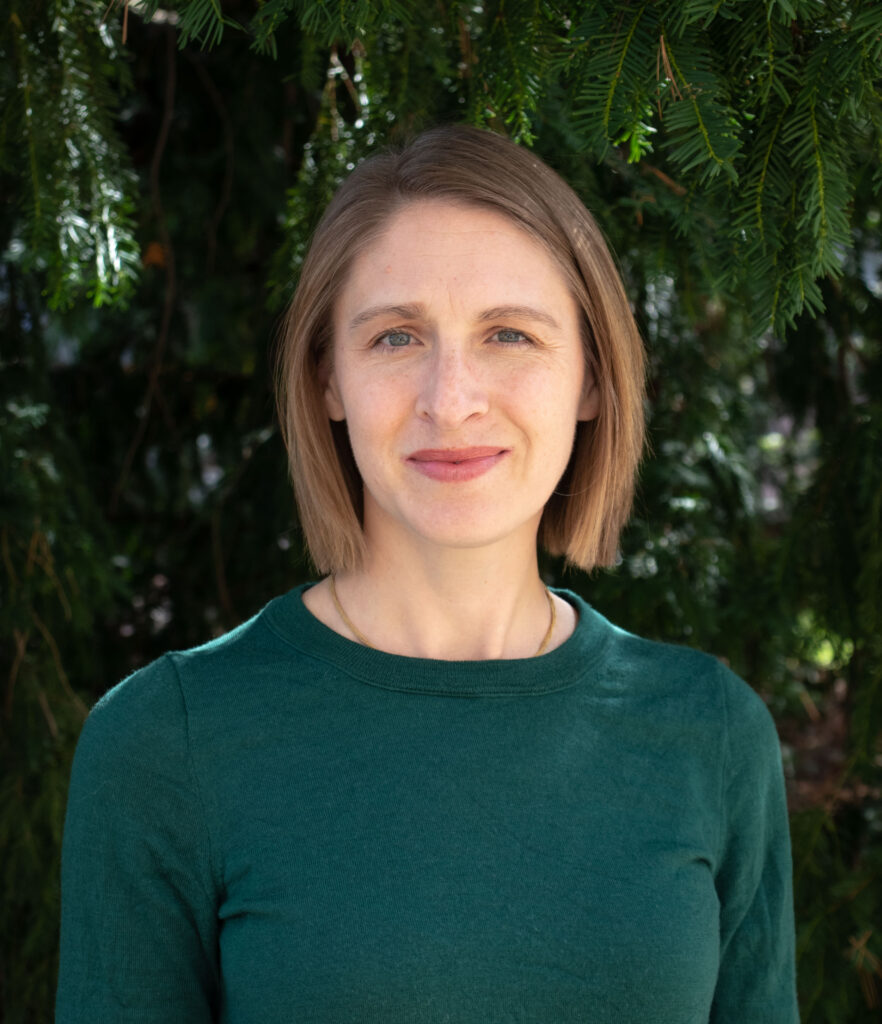
Lindsey Mazurek is Associate Professor in the department of Classical Studies at Indiana University, Bloomington. She received her PhD in Art History from Duke University in 2016. Her research focuses on questions of identity, community formation, and religious experience through the lens of material culture, particularly sculpture and inscriptions. She is the author of Isis in a Global Empire: Greek Identity through Egyptian Religion in Roman Greece (Cambridge University Press, 2022) and is working on a second book exploring the agency of portraiture in Roman Greece. She has co-edited several volumes, including Across the Corrupting Sea: Post-Braudelian Approaches to the Ancient Eastern Mediterranean (Routledge Press, 2016) and Mobility in Antiquity: Rethinking the Ancient World through Movement (under contract with Routledge).
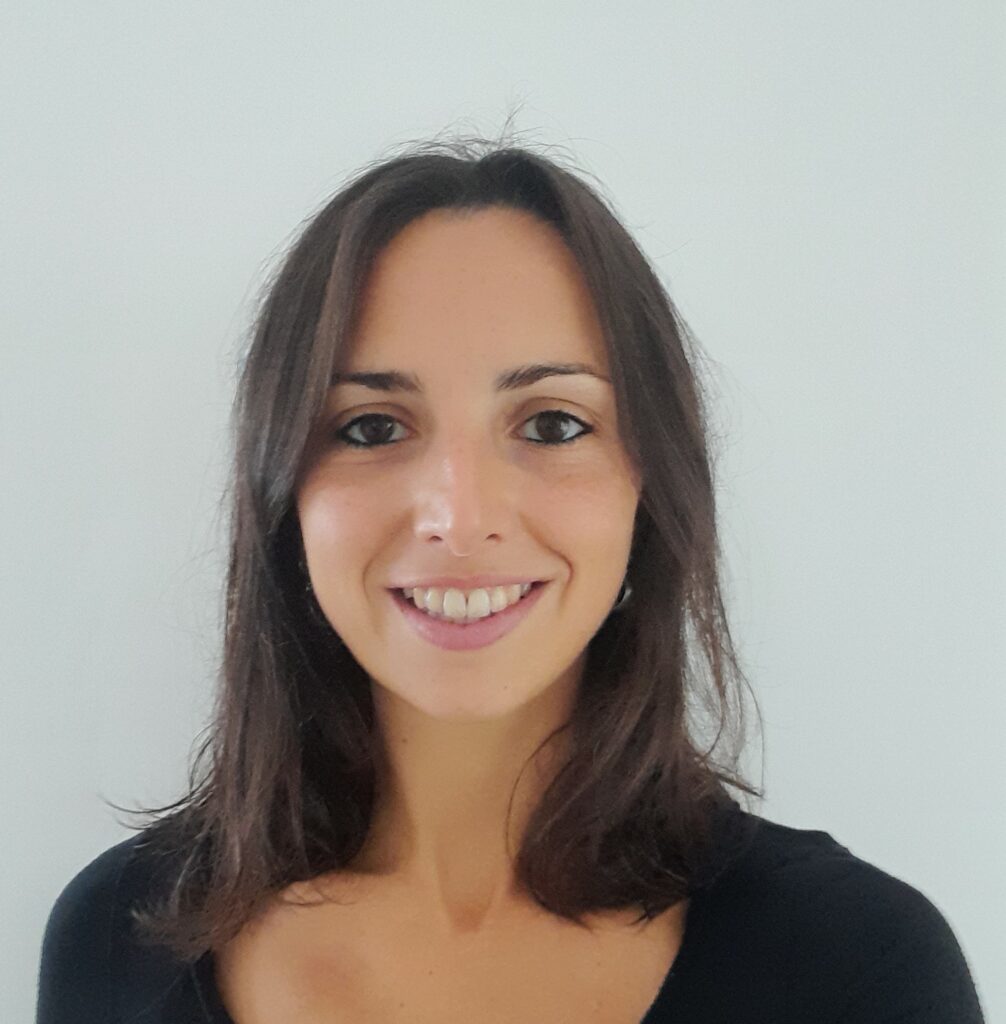
Chiara Monaco is a postdoctoral researcher with the Research Foundation Flanders (FWO) at Ghent University. She earned her PhD from the University of Cambridge (UK), where she focused on Greek linguistic purism. Her current project is a monograph exploring language ideologies in the history of Greek, with particular attention to purist tendencies from antiquity to the modern era. This research investigates continuity and discontinuity in how the Greek language has been conceptualized, emphasizing speakers’ perceptions and language attitudes. Her primary sources include grammars and lexica produced between the Hellenistic period and the early modern era. She has also worked extensively on Greek comedy and papyrological sources.
During her fellowship at the Centre for Hellenic Studies, Chiara will continue developing her monograph, focusing on the chapter devoted to the Early Modern period. She will analyze missionary grammars of vernacular Greek produced between the sixteenth and eighteenth centuries. She will compare works written by native speakers—particularly members of the Greek diaspora—and non-native speakers, especially Catholic missionaries. Her study examines differences in language description and explores how these groups interpreted and codified linguistic variation. Combining linguistic and socio-historical approaches, her research highlights the role of religion and ideological policies in shaping language norms.
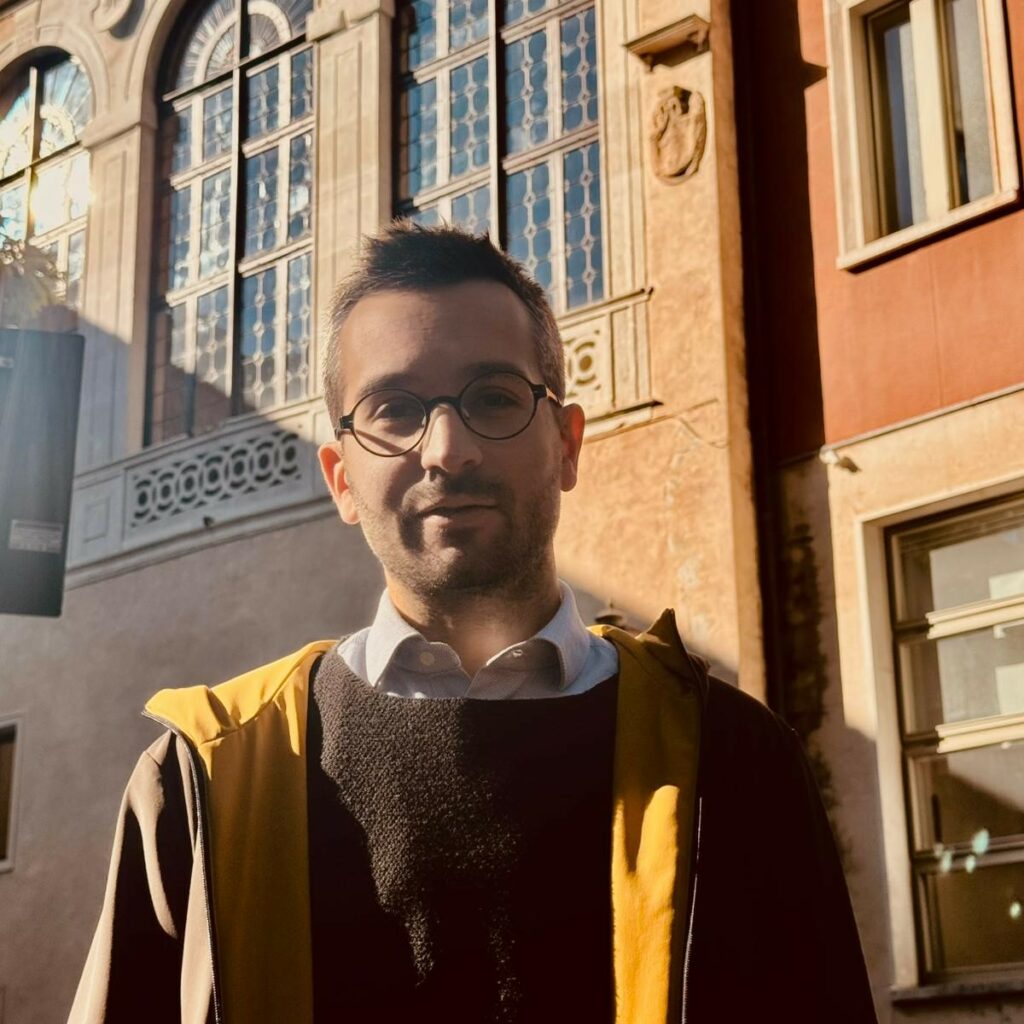
Lorenzo Ronchini is postdoctoral researcher at the Universität Zürich within the ERC-funded research project COLLAPSE. He received his PhD in the framework of a cotutelle de thèse between the Università “G. d’Annunzio” Chieti – Pescara and the Universität Zürich, later holding a two-year postdoctoral position at the Università degli Studi di Padova. He specializes in Greek medical and philosophical texts, and in fragmentary tragedy, with a particular interest in the dynamics of indirect tradition and the working method of ancient authors. His doctoral dissertation, now in the process of being published as a monograph, is devoted to Galen’s Platonic quotations, considered under multiple and interrelated perspectives: as part of the indirect tradition of Plato’s oeuvre, as instances of the Galenic interpretation of Plato, and as result of his practical work on Plato’s texts.
While at the CHS, Lorenzo will work on a new project concerning pseudo-Galenic writings. As a member of the research project “COLLAPSE – Collaboration and Pseudepigraphy. Facing the Anonymous in Imperial Greek literature”, he will focus on the authorial strategies and the dynamics of onymization involving the most ancient writings falsely attributed to Galen. This corpus includes writings varying greatly both in content and style: medical and philosophical works, compilations of extracts and wholly original texts, well-defined and shadowy authorial figures. Thus, the project will trace not one, but many stories, whose unifying principle is the towering figure of Galen: to what extent his authorial consciousness and his very own efforts to avoid misattributions did in fact contribute to the phaenomenon, is another question the project intends to tackle, by comparison with other scientific traditions and with those texts which escaped the pseudepigraphic attribution.
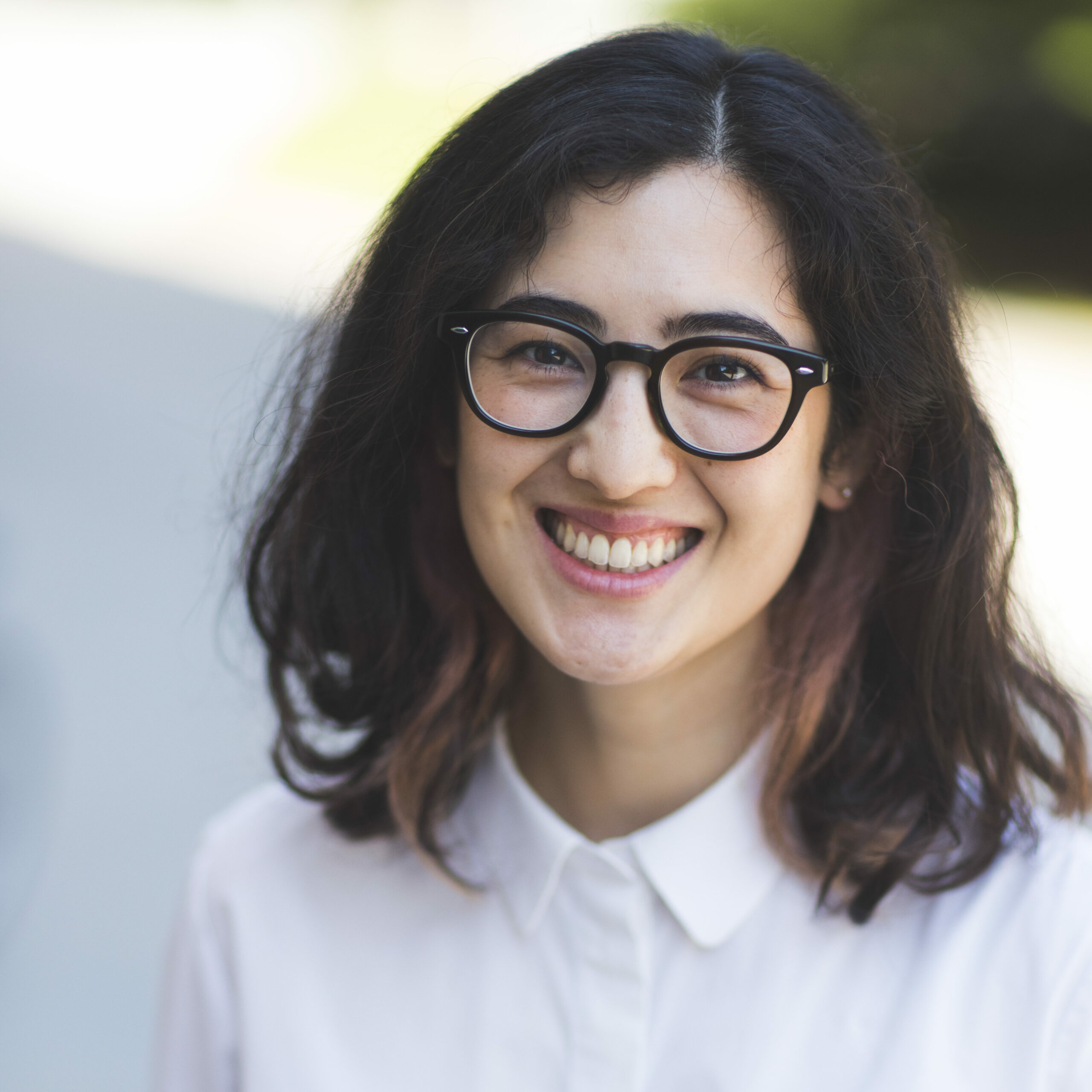
Alexandra Leewon Schultz is an assistant professor of Classics at Dartmouth College. She specializes in ancient Greek literature and in the cultural and intellectual history of Greco-Roman antiquity. She received her PhD in Classical Philology from Harvard University in 2021 and held a Junior Research Fellowship in Classics at Jesus College, Cambridge from 2021 to 2023 before taking up her current position.
While at the CHS she will be working on her first book, The Mirage of Alexandria: A New History of Libraries in Greco-Roman Antiquity. The Library of Alexandria has long been considered the greatest library in history. Supposedly founded as a universal collection and destroyed in a tragic fire, this legendary library remains a powerful symbol today: both as an emblem of the classical tradition at the heart of ‘Western Civilization’ and as a model for information technology, from projects aiming to collect the world’s knowledge (Wikipedia, Google Books) to Amazon’s virtual assistant “Alexa.” Yet everything we know about the Library of Alexandria was written after the fact by people who reimagined and romanticized the past. The Mirage of Alexandria argues that the modern understanding of ancient libraries is the product of over two millennia of mythmaking. By radically rewriting the history of libraries in Greco-Roman antiquity and tracking down the origins of popular legends about the Library of Alexandria, Schultz demonstrates how communities from classical antiquity to today have used libraries, and stories about libraries, to articulate their relationship to the past.
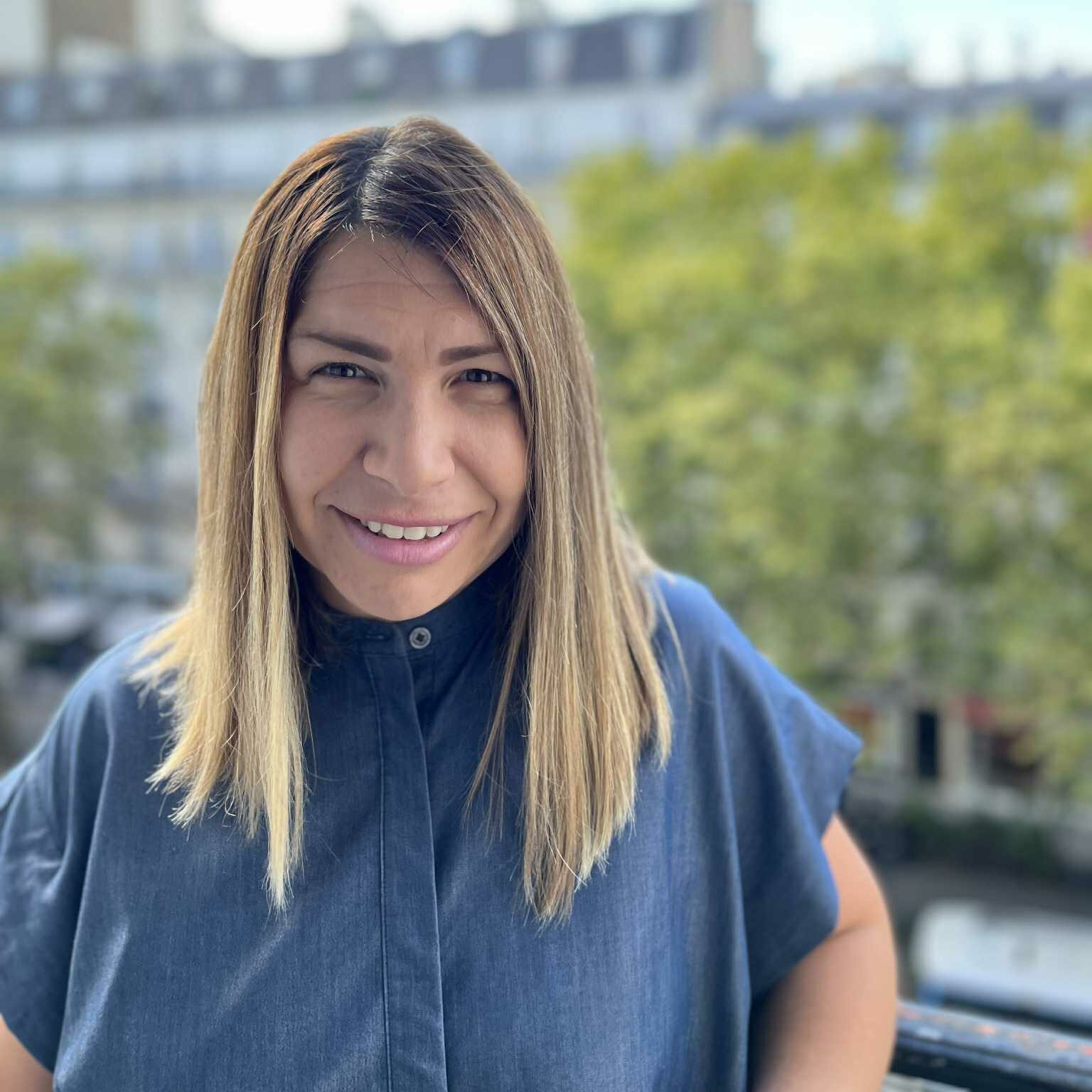
Anthi-Danae Spathoni specializes in literature and the history and theory of art. She earned her Ph.D. in Art History from the University of Rennes II in 2018. Her first book, Twombly: A Selection of Essays, was published in 2019, and she has recently completed a monograph on Cy Twombly that explores the notion of abstract landscape. A Fulbright Fellow during the 2022–23 academic year, she was a visiting researcher at Princeton University. Since 2024, she has served as a Teaching Fellow in the Department of Fine Arts at Université Paris 8.
At the Center for Hellenic Studies, Anthi-Danae is pursuing her postdoctoral research project on the engagement with Greco-Roman antiquity in the works of American artist Cy Twombly and Greek artist Yannis Kounellis—two pivotal figures in postwar art whose reimagining of the classical past challenges conventional narratives in Classical Reception Studies. The project investigates how both artists, working amid the political and cultural upheavals of the postwar era, transformed antiquity into a site of critical inquiry, reflecting on the legacies of fascism, the Cold War, and modernism. Drawing on Classical Reception Studies and contemporary art theory, this research aims to establish a new framework for understanding the role of antiquity in twentieth-century art.
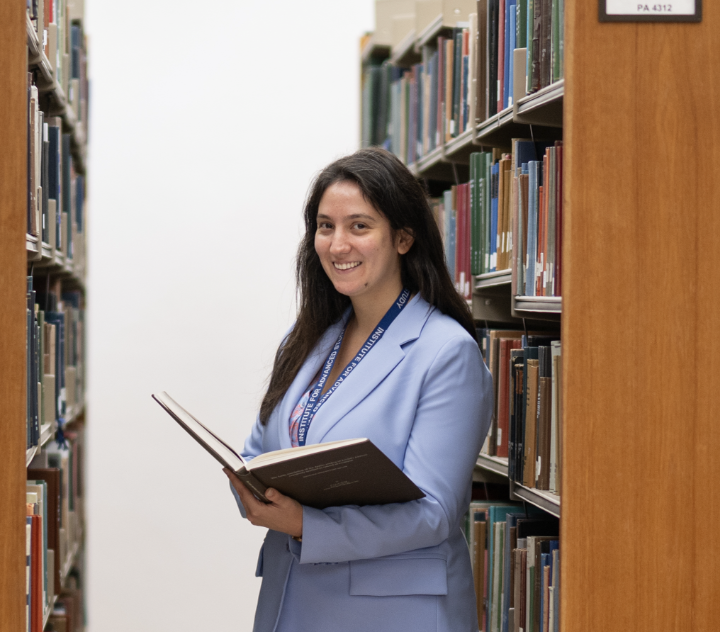
Dr. Anastasia-Stavroula Valtadorou received her Ph.D. from The University of Edinburgh in 2020 with a thesis on the emotion of erotic love in Greek tragedy. Her doctoral research was supported by the Arts and Humanities Research Council (UK), The University of Edinburgh, and the A.G. Leventis Foundation. She has delivered invited lectures and conference papers in Canada, Cyprus, Greece, Italy, Japan, the Netherlands, Spain, Switzerland, the UK, and the USA. Her peer-reviewed publications focus on Greek tragedy and its reception. Her contribution to the volume Greek Drama V (2020) was awarded the Constantinidis Award for the best essay on Greek drama (Orlando, FL), while during the 2023–2024 academic year, she was the Stavros Niarchos Foundation Member at the Institute for Advanced Study in Princeton, NJ.
At the Center for Hellenic Studies, Anastasia-Stavroula will explore how trust, deception, and its breakdown are portrayed in the fragmentary plays of Euripides. Focusing on four types of relationships—heterosexual couples, blood relatives, male companions, and female relationships—the study examines how the emotion of trust is constructed and subsequently broken. Primary sources include Euripides’ fragmentary works such as Bellerophon, Theseus, and Cretan Women, along with the newly published fragments of Ino and Polyidos (2024). Supplemented by literary criticism and social cognition research, this project fills a critical gap in the study of historical emotions, offering new insights into the role of trust in Greek culture.
